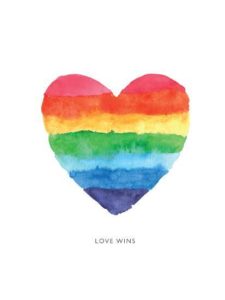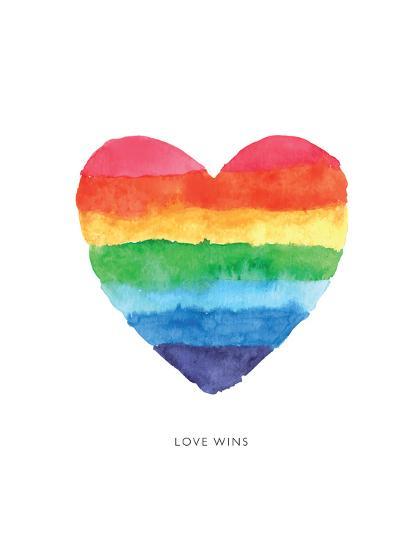 This week, I hit the two-month mark before my August nuptials. In the midst of seating arrangements, song selections and vow writing, an email came along from lovingday.org. The subject line was poetically simple: “Remember The Lovings.”
This week, I hit the two-month mark before my August nuptials. In the midst of seating arrangements, song selections and vow writing, an email came along from lovingday.org. The subject line was poetically simple: “Remember The Lovings.”
Last week’s “Loving Day” marked the fifty-second anniversary of Loving v. Virginia. This landmark Supreme Court case is the story of Mildred Jeter and Richard Loving from Caroline County, Virginia. Their “crime” was falling in love and marrying in 1958. Mildred identified as black with African and Rappahannock heritage; Richard was white. Their marriage violated Virginia’s Racial Integrity Act of 1924, which criminalized marriage between people classified as “white” and people classified as “colored.” This was the case in many states, but interracial marriage was legal in Washington, DC at that time so they decided to get married in DC and return to Virginia.
One night, the newlyweds were awakened to find police in their bedroom. The two were hauled off to jail for the crime of being interracially married. A Virginia judge quickly found them guilty and sentenced them to a jail term of one to three years. He agreed to suspend the Loving’s sentence if they promised to leave the state and not return for 20 years. The Lovings reluctantly moved away from family and friends, but eventually fought the decision until it reached the Supreme Court where the ruling was unanimously overturned. The Loving’s fight not only won them their freedom to love, but it also granted the same freedom to interracial couples in every state in America. In addition to calling marriage a basic civil right, the Court stated, “Under our Constitution, the freedom to marry, or not marry, a person of another race resides with the individual and cannot be infringed by the State.”
Laws against interracial couples remained on the books for decades after the Loving decision. In 1998, a clause that prohibited marriage of a “white” person with a “Negro” or “mulatto” or a “person who shall have one-eighth or more Negro blood” was FINALLY removed from South Carolina’s state constitution. According to a Mason-Dixon poll four months before the vote, 22 percent of South Carolina voters were opposed to the removal of the law introduced in 1895.
The judge who banished the Lovings, Leon Bazile, wrote, “Almighty God created the races white, black, yellow, Malay and red, and he placed them on separate continents… The fact that he separated the races shows that he did not intend for the races to mix.”
For the most part, my fiance and I have seen an overwhelming affirmation and acceptance from family and friends. We have an amazing support system and we share family and friends who insisted on celebrating our marriage in August. This week, we were reminded that our marriage was illegal for a portion of our grandparents’ and parents’ lifetimes. Yet, I find myself regularly discussing what it feels like to be in an interracial relationship. We are safe, legally, but public opinion is a horse of a different color.
I grew up in a community where dating “outside your race” was taboo on both sides of the tracks. My grandfather saw lynchings in Washington and Georgia and refused to have white people at his dinner table. I learned at an early age to shrug off looks and stares and accept that it came with the territory. When I moved back home in 2006, I faced challenges at work from a white woman in nonprofit leadership who “worried” the black community would not accept me as a leader because I was dating a white man.
We’ve left stores, been yelled at by Confederate-flag-flying truck drivers on Main Street, refused service, and had to shut down narrow-minded conversations with “but I am not a racist” family members on holidays. We eventually moved to an area we considered more “accepting” and still try not to let the angry stares disappoint us. Throughout the process, we have had wild conversations about race and privilege. We decided to lean into love, which sometimes means nervously squeezing the other person’s hand in strange situations. We’ve developed quirky coded signals if one of us is uncomfortable and we know how to make a quick exit.
Standing up like the Lovings requires strength that makes me take pause. This couple could have taken the easy path of living quietly and safely in DC. As we celebrate a month of filled with reminders such as Loving Day, Juneteenth and Pride Month, let us work together to remember those who have gone before us to erase the hate and pave the way for loving.
Antionette Kerr is a media correspondent, author and publisher.


There are no comments
Add yours